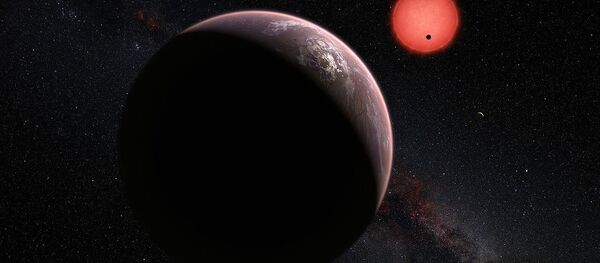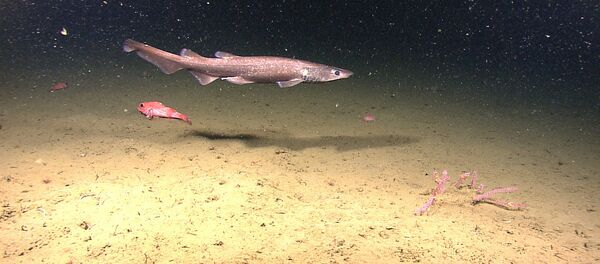"Estimating the number of species on Earth is among the great challenges in biology," said Jay Lennon, according to the National Science Foundation. "Our study combines the largest available datasets with ecological models and new ecological rules for how biodiversity relates to abundance.
"This gave us a new and rigorous estimate for the number of microbial species on Earth."
Co-authored by Lennon and Kenneth Locey, both of Indiana University, the study was published in the journal Proceedings of the National Academy of Sciences on Monday. It compiles data from a number of government, academic, and scientific sources. The research looked at 20,376 separate databases on archaea, bacteria, and microscopic fungi, as well as 14,862 databases on trees, birds and mammals.
Combined with new gene-sequencing technology, this vast database was able to provide a more accurate estimate of the scale of life on our planet.
"This research offers a view of the extensive diversity of microbes on Earth," said Simon Malcomber, director of the Dimensions of Biodiversity program which funded the study. "It also highlights how much of that diversity still remains to be discovered and described."
Quite a lot, it turns out. If Lennon and Locey’s estimates are correct, then scientists have only catalogued roughly a fraction of a fraction of nearly 1 trillion species, with roughly 99.999% still unknown.
"Older estimates were based on efforts that dramatically undersampled the diversity of microorganisms," Lennon said.
"Before high-throughput genetic sequencing, scientists characterized diversity based on 100 individuals, when we know that a gram of soil contains up to a billion organisms, and the total number on Earth is more than 20 orders of magnitude [greater]."
By applying biological scaling laws, the study was able to extrapolate its findings.
"Until now, we haven’t known whether aspects of biodiversity scale with something as simple as the abundance of organisms," Locey said. "As it turns out, the relationships are not only simple but powerful, resulting in our estimate of upward of one trillion species."
"Microbial biodiversity, it appears, is greater than we ever imagined," Lennon added.




